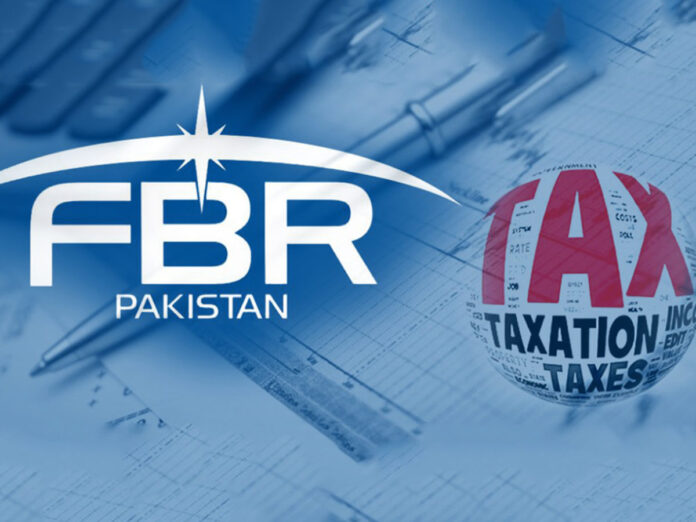
The Sindh Cabinet has approved the Agriculture Income Tax Bill 2025, a move that meets a key requirement set by the International Monetary Fund (IMF). The decision was made during a meeting chaired by Chief Minister Murad Ali Shah, with the new tax law taking effect from January 2025.
Under this legislation, agricultural income up to Rs150 million will be exempt from taxation. However, income beyond this threshold will be taxed at progressively higher rates. Earnings between Rs150 million and Rs200 million will be taxed at 1%, with the rate climbing up to 10% for income exceeding Rs500 million.
Small agricultural enterprises will face a tax rate of 20%, while larger firms will be subject to a 28% tax. The Sindh Revenue Board (SRB) has been entrusted with the task of enforcing the tax collection. The bill also includes provisions for tax adjustments in the event of natural disasters.
Furthermore, the bill imposes penalties for anyone attempting to hide their cultivated land, although livestock income will not be taxed under this law.
During the meeting, concerns were raised that this new tax could lead to higher prices for essential items like vegetables, wheat, and rice. Chief Minister Murad Ali Shah criticized the federal government for not consulting Sindh before discussing the tax measures with the IMF, but stated that despite these concerns, the tax was introduced in the greater national interest
.jpg)









This website has been developed with good faith to create facilities for the people.Your ID Password and access to our website is for a specific period or temporary, it may be suspended at any time without telling any reason.Your ID Password or access does not create any your rights or liability onto owner of the website.
Office # 3-6, Ground Floor Idrees Chamber ,Talpur Road Karachi
info@taxhelplines.com.pk
+ 92 314-4062161
021-32462161
+ 92 305-2561915